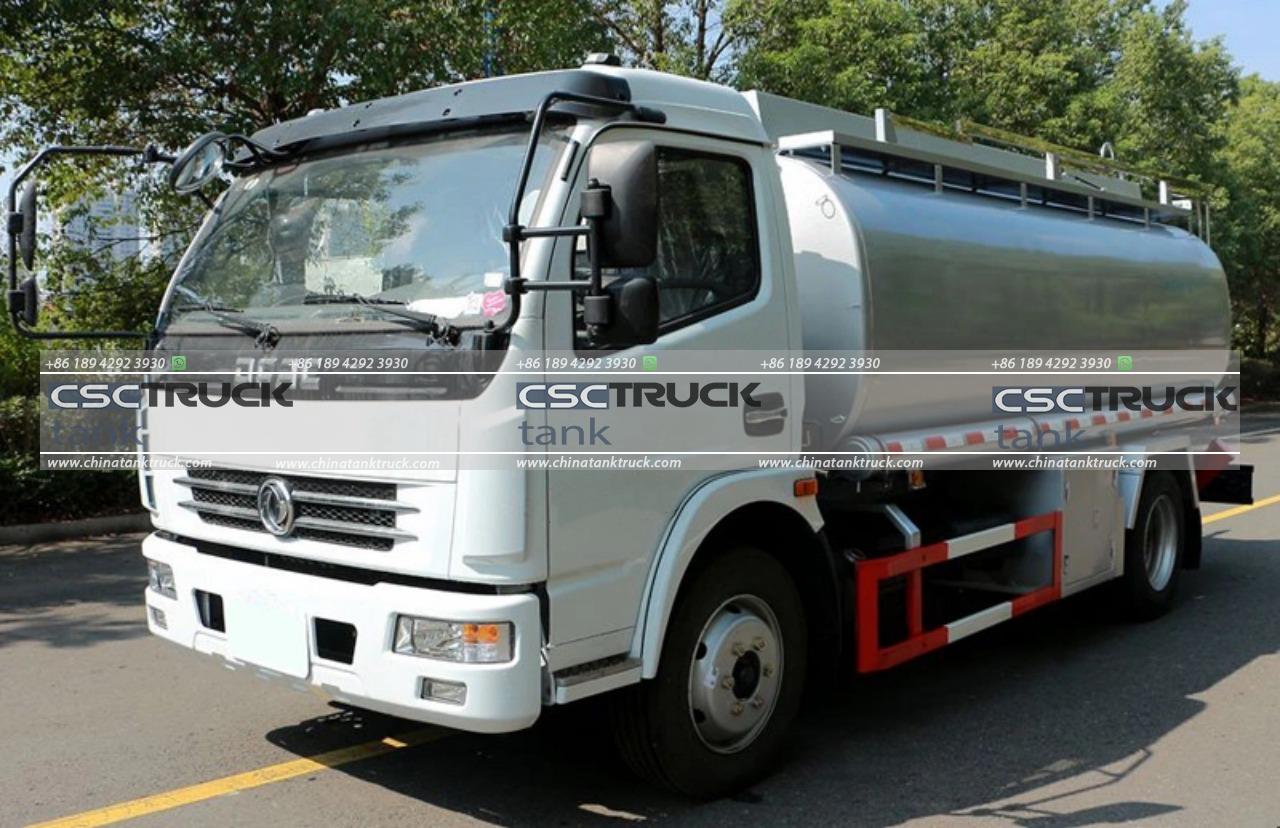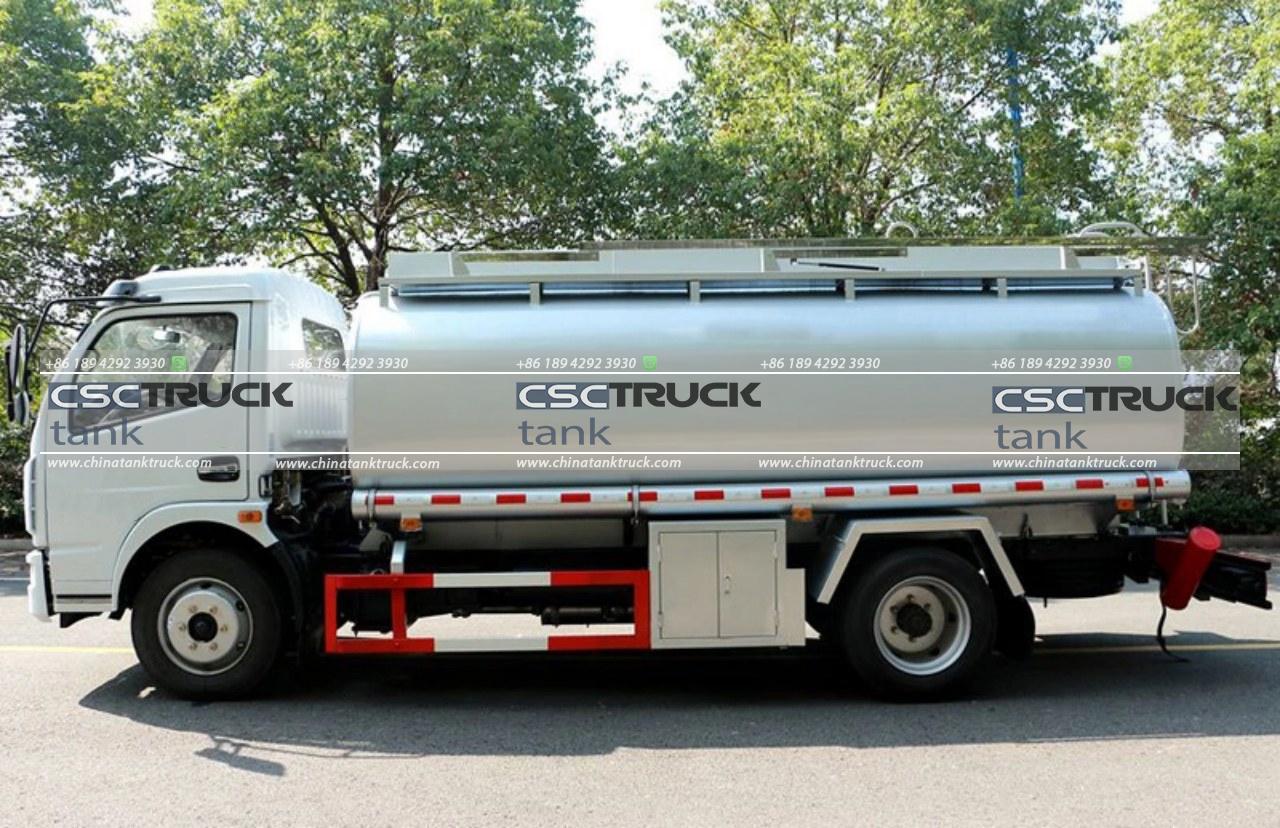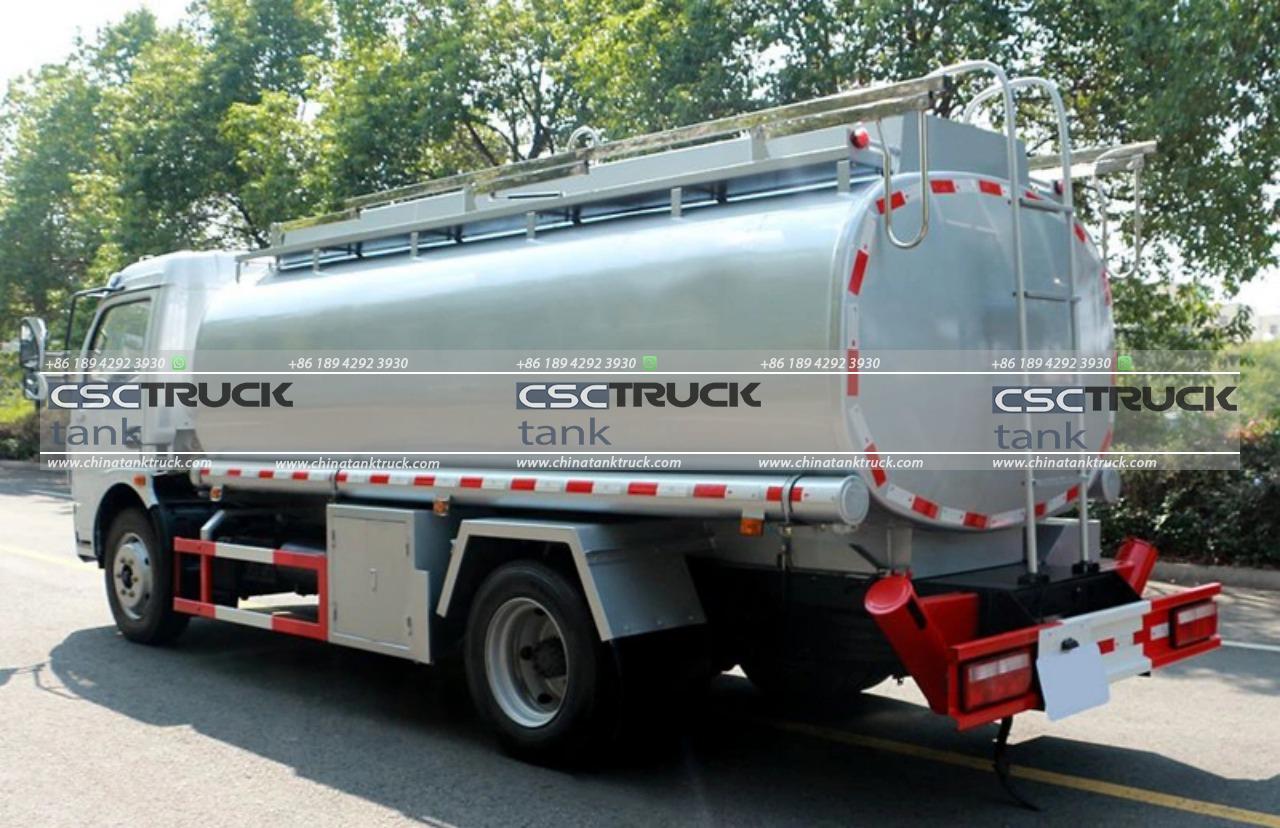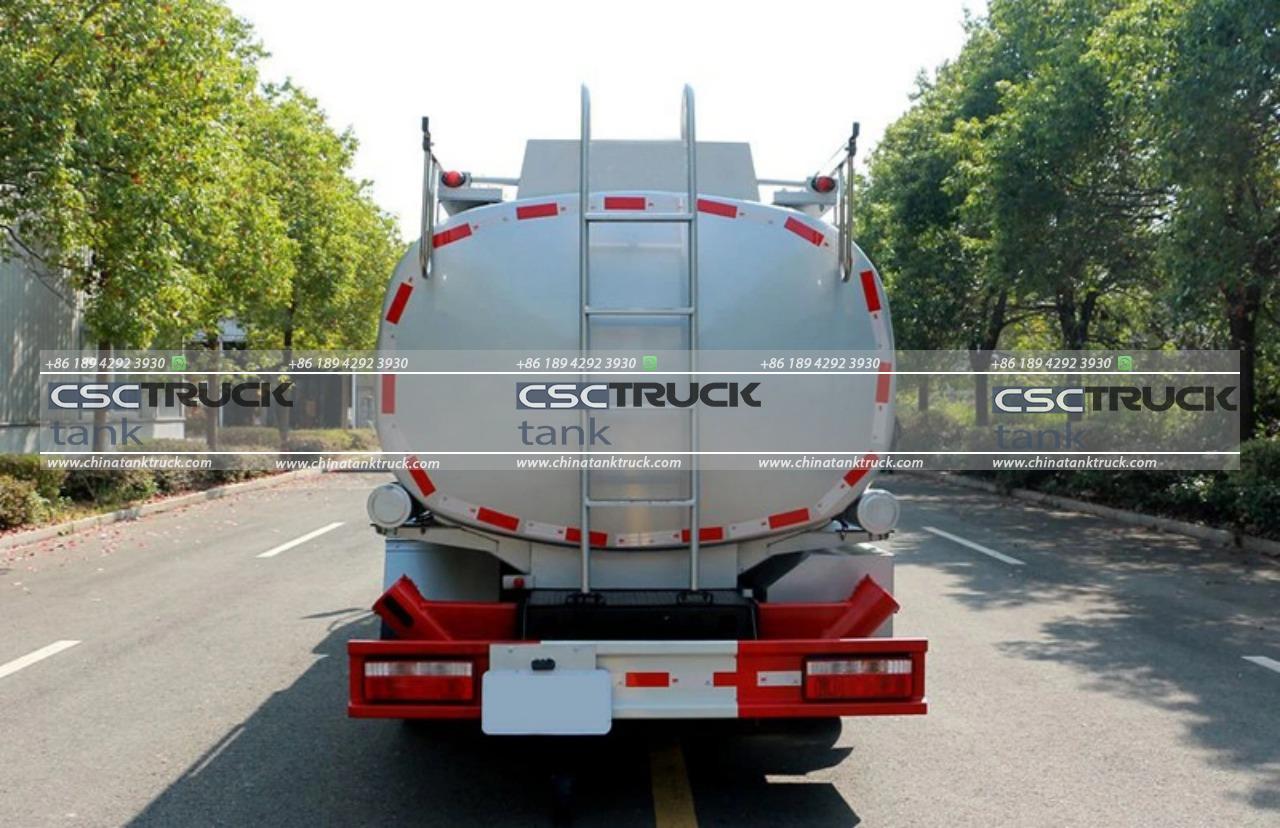What is Fuel Tank Capacity?
Fuel tank capacity is a fundamental concept in the automotive and transportation sectors, playing a crucial role in vehicle design, operation, and efficiency. Understanding what fuel tank capacity means and how it impacts vehicle performance can provide valuable insights for drivers, fleet managers, and automotive enthusiasts alike.
Definition and Basics
Fuel tank capacity refers to the maximum volume of fuel that a vehicle’s tank can hold. This measurement is typically expressed in liters or gallons, depending on regional conventions. For instance, a vehicle with a fuel tank capacity of 50 liters can store up to 50 liters of fuel before needing a refill. This figure is critical as it directly influences the vehicle’s range, fuel efficiency, and frequency of refueling.

Importance of Fuel Tank Capacity
1. Vehicle Range: The primary function of fuel tank capacity is to determine how far a vehicle can travel before requiring a refill. A larger tank generally allows for a greater driving range. For example, a car with a 70-liter tank and an average fuel consumption of 7 liters per 100 kilometers can travel approximately 1,000 kilometers on a full tank. In contrast, a vehicle with a smaller tank might only manage 500 kilometers under the same conditions.
2. Convenience and Planning: A vehicle’s fuel tank capacity impacts the convenience of long journeys and daily commutes. A larger tank reduces the frequency of stops at fuel stations, which can be especially advantageous on long road trips or in areas with sparse refueling infrastructure. For city drivers, a smaller tank might suffice, as frequent refueling is manageable and the tank size can contribute to a lighter, more fuel-efficient vehicle.
3. Cost Efficiency: Fuel tank capacity can also affect overall fuel costs. Larger tanks mean fewer refueling stops, which can be beneficial in terms of time and sometimes even money if refueling at cheaper rates is less frequent. However, larger tanks also mean higher upfront costs and potentially more weight, which can impact fuel efficiency.
Factors Affecting Fuel Tank Capacity
Several factors influence the design and size of fuel tanks in vehicles:
1. Vehicle Type and Use: Different vehicles have different needs. For instance, passenger cars generally have smaller tanks compared to trucks and SUVs. Trucks and SUVs are often designed with larger tanks to accommodate longer trips and heavier loads, whereas compact cars may have smaller tanks that align with their urban use and fuel efficiency.
2. Manufacturer Specifications: Vehicle manufacturers design fuel tanks according to the intended use of the vehicle, regulatory requirements, and desired performance characteristics. For example, high-performance sports cars may have smaller tanks to reduce weight and improve handling, while off-road vehicles may feature larger tanks for extended travel in remote areas.
3. Regulations and Standards: Regulatory standards and environmental considerations can also impact fuel tank size. Regulations may require vehicles to meet specific emission standards or fuel-efficiency targets, influencing how much fuel a tank can hold. Additionally, safety regulations dictate certain design aspects, including the materials and placement of the fuel tank.

Understanding Fuel Tank Capacity and Efficiency
Fuel tank capacity is closely linked with fuel efficiency. Fuel efficiency, measured in terms of fuel consumption per distance traveled (e.g., liters per 100 kilometers or miles per gallon), determines how far a vehicle can travel on a given amount of fuel. A larger tank does not necessarily mean a more efficient vehicle, but it does provide the potential for a greater range if the vehicle itself is efficient.
Practical Considerations
1. Refueling Strategies: Knowing your vehicle’s fuel tank capacity helps in planning refueling strategies. For example, drivers of vehicles with larger tanks might prefer to refuel less frequently, possibly taking advantage of bulk fuel discounts or avoiding higher prices at certain stations. Conversely, drivers with smaller tanks might need to plan more frequent stops, particularly on longer trips.
2. Fuel Tank Maintenance: Proper maintenance of the fuel tank is essential for vehicle longevity and safety. Regular inspections can help identify issues such as leaks or corrosion that could affect tank performance and fuel efficiency. Keeping the fuel system in good condition ensures that the vehicle operates efficiently and safely.
3. Implications for Electric and Hybrid Vehicles: With the rise of electric and hybrid vehicles, the concept of fuel tank capacity is evolving. For electric vehicles (EVs), the analogous measure is battery capacity, usually expressed in kilowatt-hours (kWh). Hybrid vehicles, which use both gasoline and electric power, have both a traditional fuel tank and a battery, each contributing to the vehicle’s overall range and efficiency.

Future Trends
As automotive technology evolves, so does the concept of fuel tank capacity. Advances in fuel technology, such as the development of hydrogen fuel cells and alternative fuels, may influence future designs. Additionally, improvements in battery technology for electric vehicles could lead to changes in how vehicle range and refueling are perceived and managed.
Conclusion
Fuel tank capacity is a critical aspect of vehicle design and performance, impacting everything from driving range and convenience to cost efficiency and maintenance. By understanding the nuances of fuel tank capacity, drivers can make more informed decisions about their vehicles, optimize their driving experience, and adapt to evolving automotive technologies. Whether you’re navigating city streets or embarking on a cross-country journey, fuel tank capacity remains a key factor in determining how far you can go and how often you’ll need to refuel.


